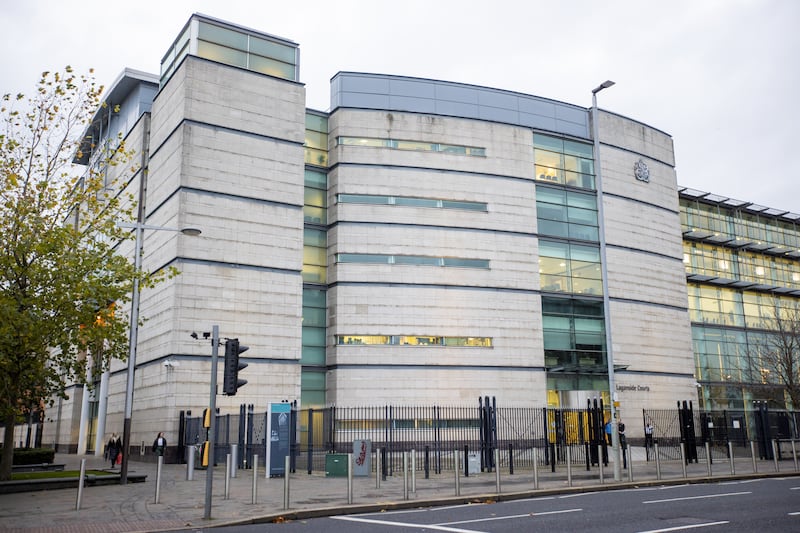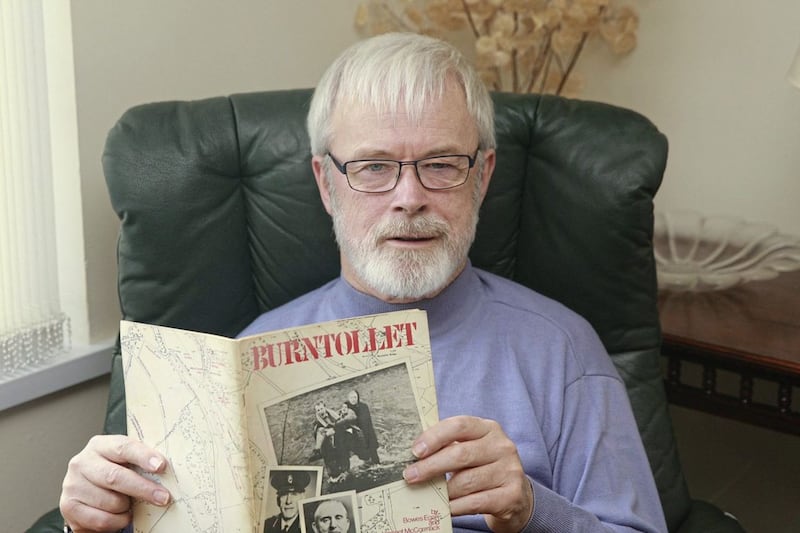Belfast City Council is to sign an international declaration aiming to eliminate new HIV diagnoses in the city by 2030.
A motion proposed by Sinn Féin received cross-party support at the full Belfast City Council meeting this week.
Currently there are 1,300 adults living with HIV in Northern Ireland, and from this number, 1,100 are living with and receiving support services within the Belfast Health Trust area.
It is estimated that a further 300 to 400 people living in the north are receiving treatment in the Republic and in Britain in order to keep their situation private.

The council motion, proposed by Councillor Padraig Donnelly, states that ending the HIV epidemic “requires a comprehensive approach that allows all those in need to access quality lifesaving treatment, enhances prevention, care, and support services for HIV, tuberculosis (TB), and viral hepatitis.
“The council further recognises that integrating these services into sexual, reproductive, and mental health services is critical to achieving universal access to health care.”
It adds the council will “seek to eliminate stigma and discrimination by building on scientific evidence” and increase “understanding that successful HIV treatment and viral suppression prevents HIV transmission which can help reduce stigma and encourage people living with HIV to initiate and adhere to HIV treatment”.
The motion states that the council “acknowledges that by working together, cities and municipalities can accelerate local actions towards ending the HIV, TB, and viral hepatitis epidemics globally by 2030″.
It states the council will “sign up to the Paris Declaration supporting the Fast-Track Cities aim of eliminating the stigma associated with HIV and AIDS as well as aiming for no new HIV diagnosis by 2030″.
Mr Donnelly told the meeting at Belfast City Hall on Monday: “According to the World Health Organisation, HIV remains a major global public health issue, having claimed 40.4 million lives so far with ongoing transmission in all countries globally. Some countries are reporting increasing trends in new infections, when previously on the decline.
He continued: “But so much more must be done to prevent the further spread to ensure those living with HIV have access to the current support they need and to address the ongoing stigma. It is no longer the life-ending illness it once was, thanks in part to some improvements in sexual health education and medications.
“Successful HIV treatment and viral suppression prevents HIV transmission. People that are undetectable are untransmittable, which can help reduce stigma and encourage people living with HIV to initiate and adhere to HIV treatment.”
Mr Donnelly added: “Over 200 cities in the world including cities within these islands, Dublin, Galway, Cork, Limerick and London are part of this movement to get to zero new cases of HIV, zero preventable deaths, zero stigma and discrimination, and a better quality for people living with HIV.
“We as a city can be proud to add to that number and support our citizens.”








